“Cameroon Has A Diversified Economy”
- Par Richard Kometa
- 10 Jan 2020 12:09
- 0 Likes
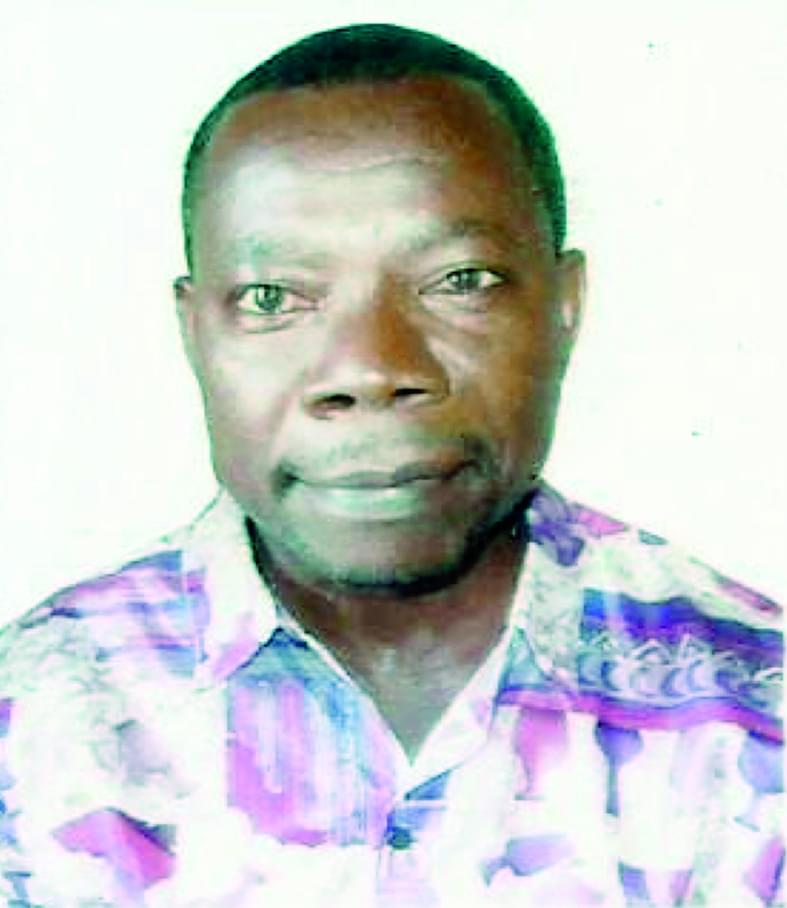
Dr Michael Njume Ebong, Board Chairman of Chede Cooperative Union presents some reasons why the economic growth can be said to be on a good footing and how to sustain the momentum following President Biya’s address to the Nation on New year’s eve.
The President has said the country’s economic growth is satisfactory; how can we understand the efforts made to keep the national economy on the right path or measures taken in that direction?
If Cameroon’s current and projected economic growth rates are considered satisfactory, this could be the combination of several factors. Firstly, macroeconomic reforms introduced in the past several years in collaboration with the Bretton Woods institutions are probably beginning to pay off. Secondly, Cameroon has a diversified economy in which demand has remained high for some time across all the sectors, both in terms of consumption and investments. Thirdly, there has been an uptick of late in world oil prices; this is a welcome development considering that oil exports account for about 40% of our total exports. Furthermore, we should not under-estimate some natural advantages enjoyed by Cameroon, such as its variegated ecosystem endowment, its status of economic locomotive in the CEMAC sub-region, and the advantage of sharing a long boundary with Nigeria, Africa’s biggest economy and possibly one of the most vibrant on the continent. That said, I should hurry to add that economic growth figures per se should offer no reason for satisfaction if the national cake borne of such growth is not adequately and equitably shared across all social segments. Economic growth should ideally translate into increasing per capita incomes, more jobs for the youth, decreasing poverty levels, improved health care delivery, and higher quality education across the board. These goal posts are for now more virtual than real. Therefore more efforts are needed to turn growth metrics into development dividends.
Can one say that the positive indicators the President refers to account for the support given by foreign partners to the national economy?
Certainly, there is no doubt that Cameroon has benefited considerably from the policy support, development programmes and investment projects of the international development community, both bilateral and multilateral, as well as from private-sector foreign direct investments. I have earlier mentioned the reform programmes supported by the World Bank and IMF to spur economic growth, eradicate corruption and create a more investment-friendly policy environment. But the contribution of other multilateral partners is no less significant. For example, the African Development Bank has a huge portfolio in the context of its Joint 2015-2020 Country Strategy Paper with Cameroon. The bank’s interventions are not only aligned with Cameroon’s core priorities as set forth in the Growth and Employment Strategy Paper (GESP) but also pursue the Bank’s own five fundamental priorities, namely: Light up and power Africa, Feed Africa, Integrate Africa, Industrialize Africa, and Improve the quality of life for the people of Africa. Another example is the Islamic Development Bank which also boasts an impressive project portfolio in Cameroon. As for the external bilateral channel, this is clearly dominated by China and France, and to a lesser extent by other European countries. In the private sector, I would mention foreign direct investments flowing into Cameroon from other African countries, especially from Nigeria and South Africa, in an upbeat spirit of African economic integration.
Which areas still need improvement to enable Cameroon to move forward with confidence towards emergence by 2035?
The rural sector in general and smallholder agriculture more especially clearly stand out as areas requiring more vigorous and sustained actions by Government and internatio...
Cet article complet est réservé aux abonnés
Déjà abonné ? Identifiez-vous >
Accédez en illimité à Cameroon Tribune Digital à partir de 26250 FCFA
Je M'abonne1 minute suffit pour vous abonner à Cameroon Tribune Digital !
- Votre numéro spécial cameroon-tribune en version numérique
- Des encarts
- Des appels d'offres exclusives
- D'avant-première (accès 24h avant la publication)
- Des éditions consultables sur tous supports (smartphone, tablettes, PC)






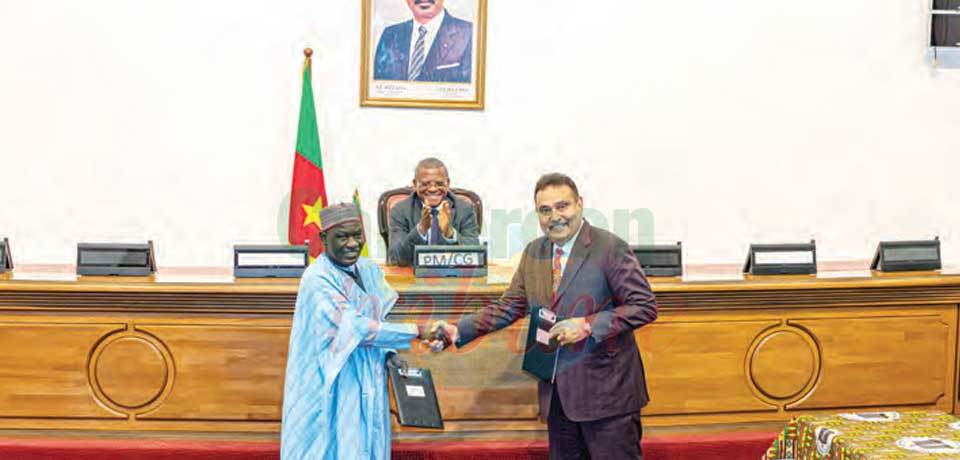
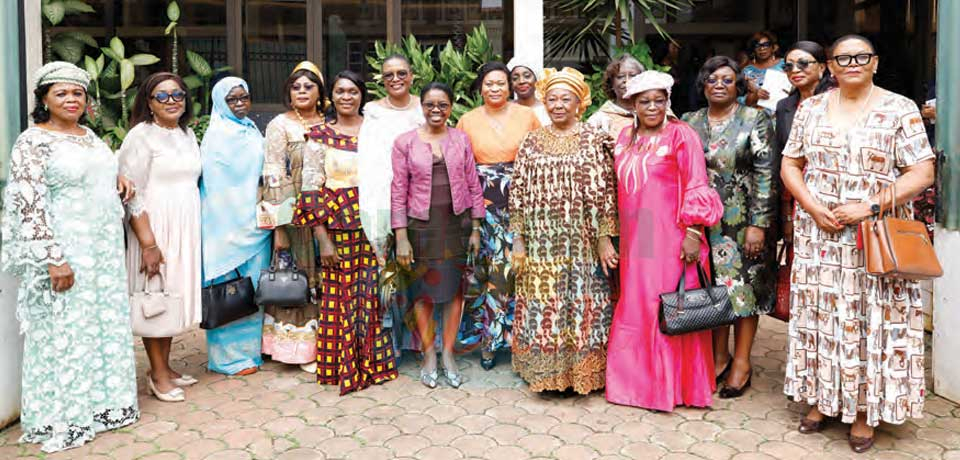
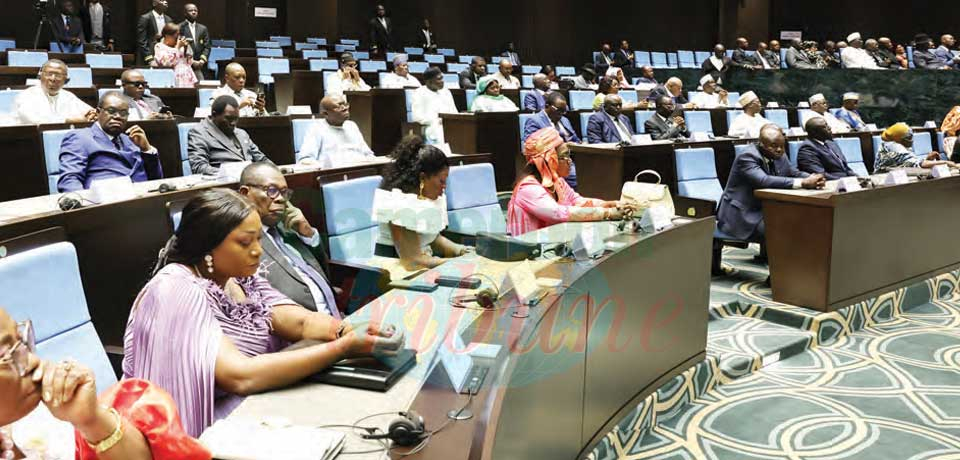
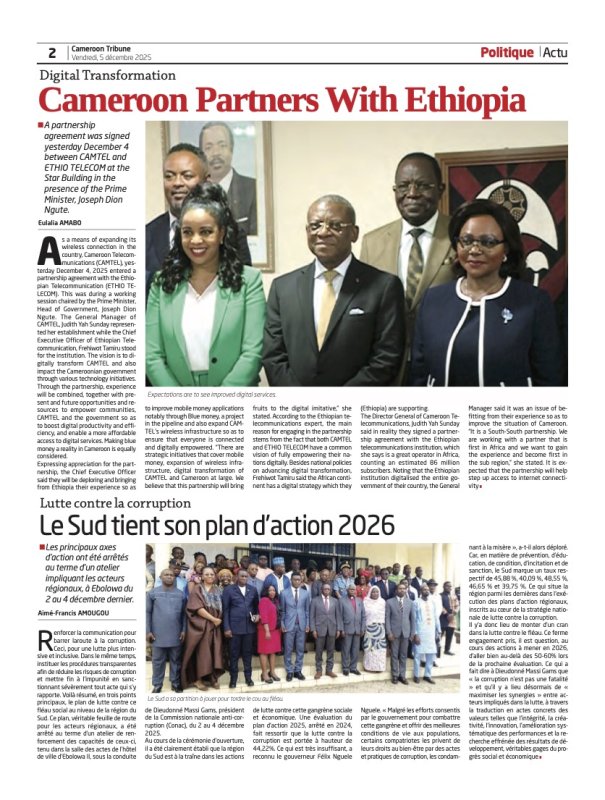




Commentaires